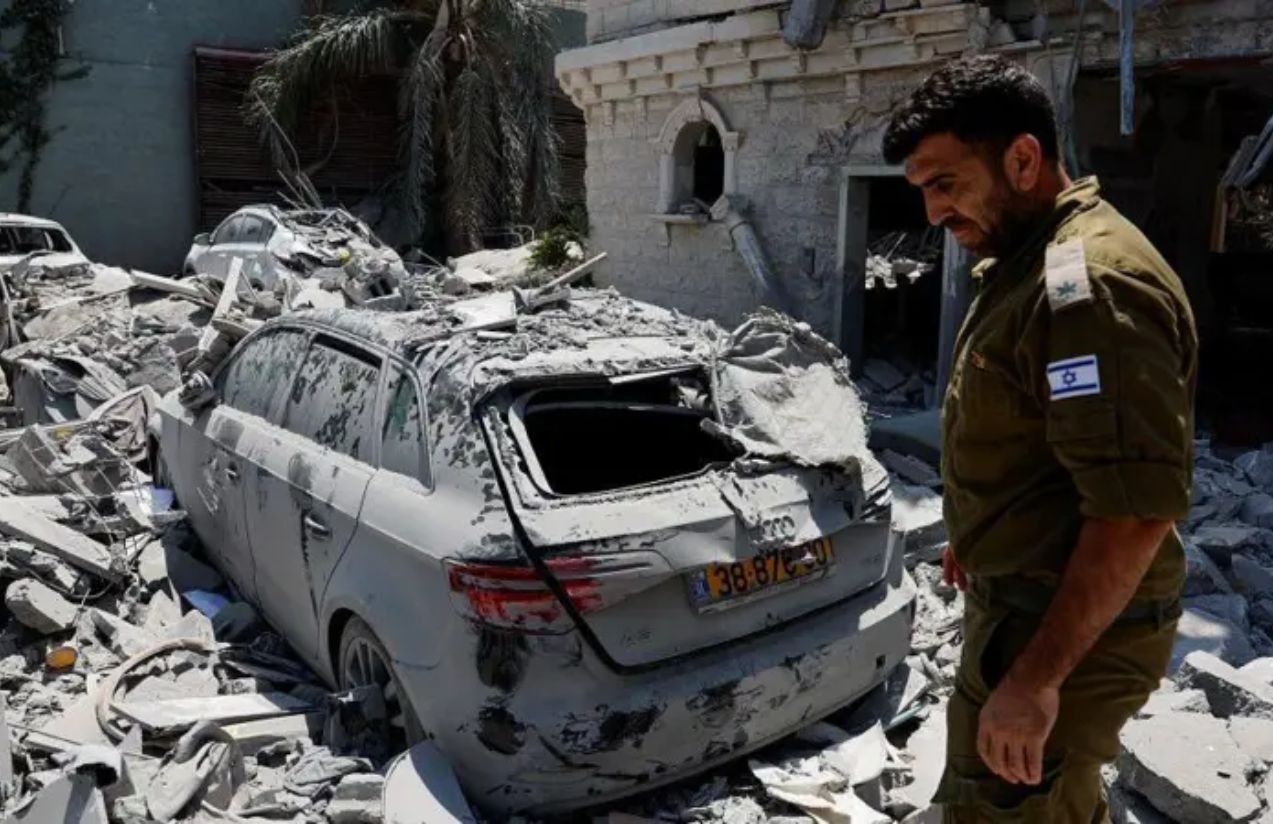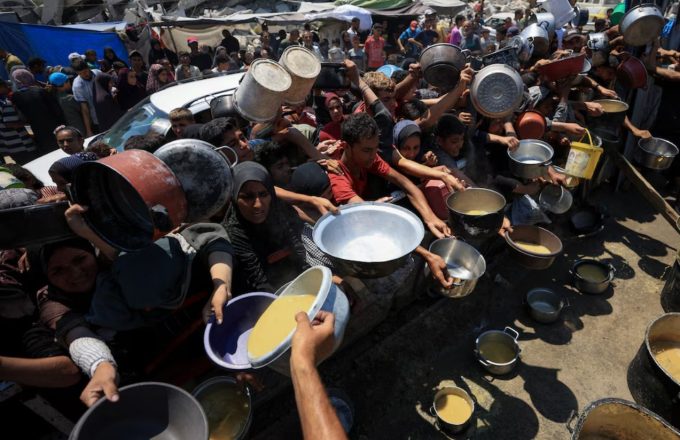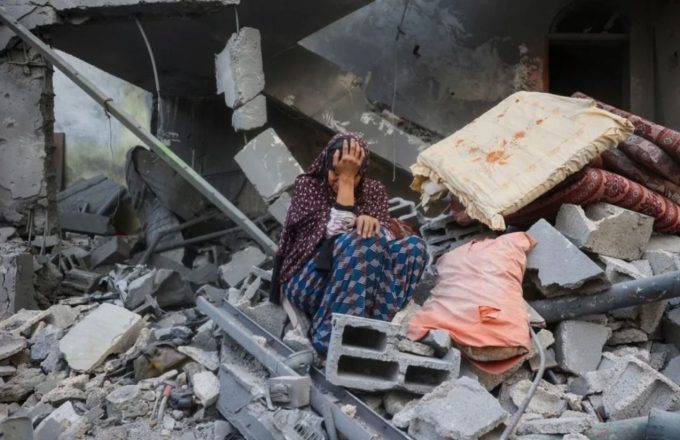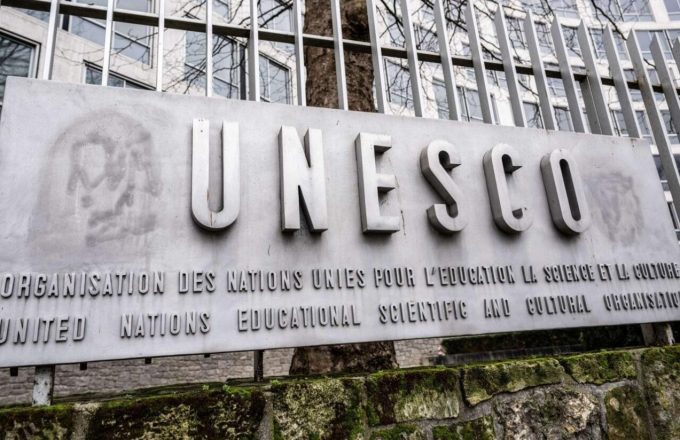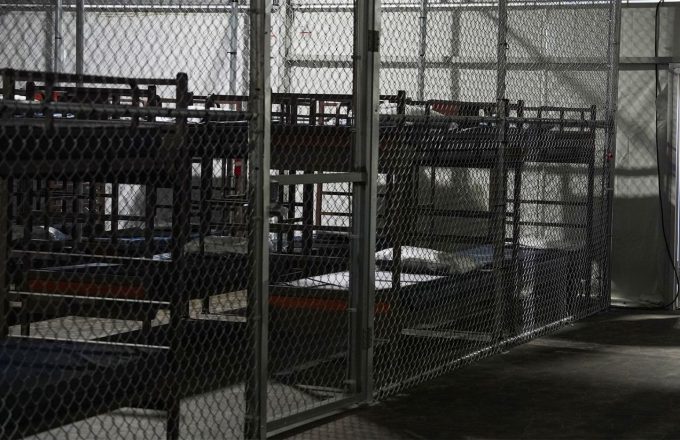Tensions between Israel and Iran continue to rise following a series of cross-border attacks that began last Friday. In the early hours of Monday, Iranian state media reported new Israeli airstrikes in the province of Ilam, near the border with Iraq, claiming that one of the targets was a hospital.
Israel confirmed the deployment of around 50 fighter jets to strike strategic Iranian facilities, including missile launch sites, command centers, and military depots. According to Israeli officials, the operation established “full air control over Tehran.”
Israeli Defense Minister Yoav Gallant stated that the country does not aim to harm civilians but warned that “Tehran’s residents will be forced to pay the price of their dictatorship and evacuate areas housing military targets.”
In Tehran, BBC correspondent Azadeh Moshiri reported widespread explosions, with many residents fleeing toward Turkey and Armenia. “Everyone is trying to get out of Tehran, one way or another,” a resident told the BBC’s Persian Service.
Meanwhile, the Iranian government expanded the suspension of incoming and outgoing flights. Israel, meanwhile, reiterated its claim of aerial dominance over the Iranian capital.
But Israel has also suffered retaliatory consequences. Early Monday, Iran launched a fresh wave of missile attacks, some of which managed to breach Israel’s Iron Dome air defense system. In the town of Petah Tikva, east of Tel Aviv, emergency crews began clearing debris from buildings hit by Iranian missiles around 4:00 a.m. local time.
In Tel Aviv, the aftermath is grim: cranes lift the wreckage of destroyed vehicles, while shattered glass and crumbling masonry hang from buildings near the impact zones. “There’s been a shift in perception among many Israelis,” reported BBC Middle East correspondent Hugo Bachega. “The sense of invincibility provided by the advanced missile defense system has been shaken.”
According to Israel’s Prime Minister’s Office, eight people were killed in Monday’s early morning strikes, bringing the total death toll in Israel to 24 since Friday. Meanwhile, Iran’s Health Ministry reported at least 224 deaths, claiming that 90% of the victims were civilians.
Israel’s Foreign Minister accused Iranian Supreme Leader Ali Khamenei—whom he labeled a “cowardly murderer”—of deliberately targeting civilian areas to deter Israel’s military response. In the city of Bat Yam, six people, including two children, were killed. Rescuers continue to search for survivors beneath the rubble.
On Sunday, Prime Minister Benjamin Netanyahu visited the affected area and vowed that Iran would pay “a very high price” for the civilian deaths, urging citizens to follow official safety instructions.
Previous Israeli strikes reportedly targeted buildings linked to Iran’s nuclear program and an oil storage facility—marking what may be the first direct attack on the country’s energy infrastructure. Iran maintains that most casualties were civilians and has denounced the bombings as violations of international law.
Due to government-imposed restrictions, BBC journalists have been unable to enter Iran, making it difficult to independently verify the damage caused by Israeli strikes.
In a meeting with foreign diplomats, Iranian officials stated that Israel’s attacks had crossed a “new red line” under international law by targeting nuclear sites. Iranian President Masoud Pezeshkian warned that the country’s response would be “even harsher” if Israel continued its assaults.
The U.S. government has denied any involvement in the Israeli attacks. Nevertheless, Iran has urged Washington to “take responsibility” and condemn the offensive.
The escalating conflict has also cast doubt on the possibility of renewed nuclear talks between the United States and Iran, with a sixth round of negotiations originally scheduled for Sunday. “Just three days ago, a nuclear agreement between the U.S. and Iran still seemed possible. Now, the explosions and sirens echoing through the night in both countries appear to have drowned out that hope,” wrote BBC Middle East editor Sebastian Usher.


